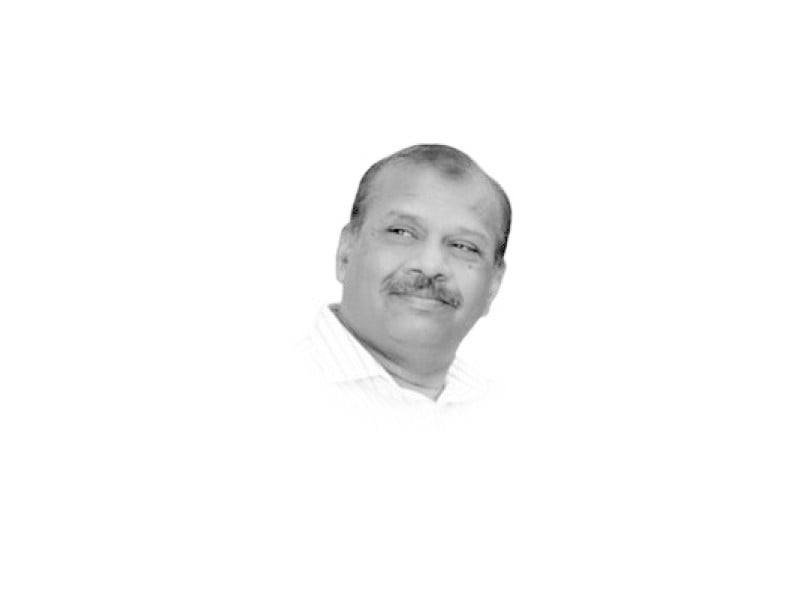
In the digital age, where the world is often referred to as a global village, information flows incessantly from both traditional and digital media. This constant stream of information has become an integral part of everyday life, shaping the way people perceive, learn and engage with the world around them. However, this surge of information also presents numerous challenges, including the spread of disinformation, the manipulation of facts, and the overwhelming nature of data overload. This is where Media & Information Literacy (MIL) emerges as an essential skillset, empowering individuals to critically analyse, access and ethically use information in an increasingly complex media environment.
At its core, MIL refers to the knowledge, skills and attitudes required effectively interpreting and utilising information from various media platforms. MIL encompasses the ability to access, organise, critically evaluate and ethically disseminate information. It is not just about consuming content passively but engaging with it in a manner that encourages critical thinking, informed decision-making and responsible participation in society. In a world where anyone can create and share content, the ability to discern credible information from disinformation is critical for sustaining a well-informed society.
The rise of digital platforms and generative AI has complicated the ability to distinguish between reliable content and misinformation or fake news. MIL provides individuals with the necessary skills to evaluate and analyse information effectively, ensuring that their decision-making is based on credible sources. As generative AI increasingly blurs the lines between human-generated and synthetic content, the demand for robust MIL skills becomes crucial in safeguarding against information manipulation.
MIL Week, with its global platform, provides an opportunity for governments, media organisations, educational institutions, and the general public to come together and promote the significance of MIL in shaping a more inclusive and resilient information ecosystem. It aims to raise awareness about the right to access truthful, timely, and well-researched information, fostering an informed citizenry that can actively participate in democratic processes.
In Pakistan, the rapid growth of digital media has led to an urgent need for MIL to combat the spread of misinformation and fake news. Despite its importance, MIL remains underemphasised, with limited initiatives reaching the public. To bridge this gap, MIL must be integrated into public policies, including education and cultural programs. Schools, universities and media organisations should collaborate to equip citizens with skills to navigate the media landscape. Leveraging MIL Week can help raise awareness among both media professionals and the general public, promoting critical thinking and media ethics to foster a more informed society.
Media & Information Literacy plays a crucial role in social empowerment, particularly in marginalised communities. In a world where access to information can determine opportunities, those who lack the skills to engage with media effectively are at a significant disadvantage. By promoting MIL, societies can ensure that all individuals, regardless of their background, have the ability to engage with and contribute to the information economy. This can lead to increased participation in democratic processes, better access to education and employment opportunities, and greater social inclusion.
Integrating MIL into public policies is essential in today's world, where digital media and unreliable information are abundant. Governments should include MIL in educational curricula, teaching students critical content analysis from a young age, while media organisations and cultural institutions promote MIL through public awareness campaigns. Investment in capacity building and training programmes will equip individuals to navigate the information landscape. In Pakistan, MIL empowers people to make informed decisions, engage in democratic processes, and contribute to social development. As media evolves, MIL will remain key in education and public policy initiatives globally.














COMMENTS
Comments are moderated and generally will be posted if they are on-topic and not abusive.
For more information, please see our Comments FAQ